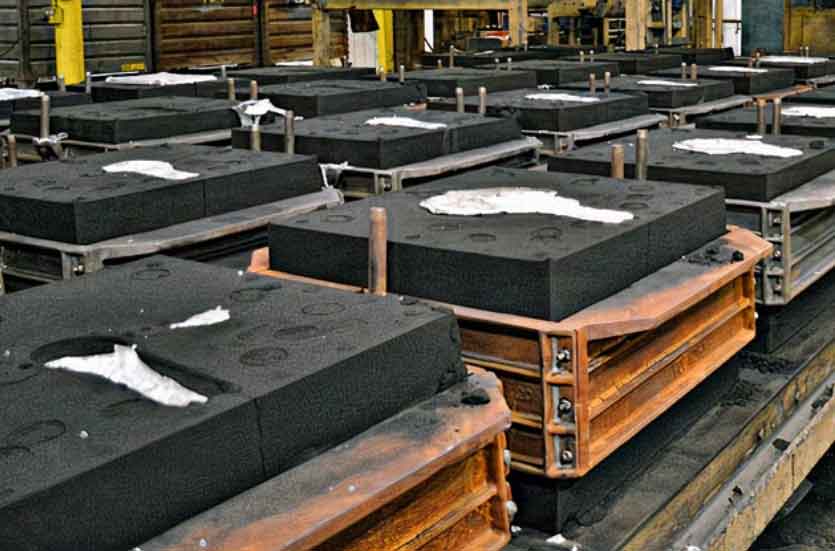Ductile iron casting, also known as nodular iron or spheroidal graphite iron casting, offers numerous advantages that make it a preferred material choice in various industries. Let’s delve into the key strengths and versatility of ductile iron casting:

- High Strength and Toughness: Ductile iron possesses excellent mechanical properties, including high tensile strength, yield strength, and impact resistance. It is significantly stronger and tougher than traditional gray iron, making it suitable for demanding applications in heavy machinery, automotive components, and construction equipment.
- Versatility in Design: Ductile iron casting provides designers and engineers with significant design freedom. Its superior ductility allows for the creation of complex shapes, intricate geometries, and thin-wall sections, enabling the production of components with optimized performance and reduced weight.
- Cost-Effectiveness: Ductile iron is a cost-effective material compared to other high-strength alloys like steel. Its lower material and processing costs, combined with its excellent performance, make it an attractive choice for a wide range of industrial applications.
- Excellent Machinability: Ductile iron is relatively easy to machine, providing manufacturers with the flexibility to perform post-casting operations such as drilling, milling, and threading. This allows for tighter tolerances and ensures precise final dimensions of cast components.
- Corrosion Resistance: Ductile iron’s composition and microstructure contribute to its corrosion resistance, particularly in environments where other materials like steel might be susceptible to rusting. This property makes ductile iron a suitable choice for various waterworks applications, including pipes, valves, and fittings.
- Noise and Vibration Damping: Ductile iron exhibits excellent noise and vibration damping properties, reducing noise levels and enhancing the overall performance of components in applications such as engine blocks, flywheels, and gearboxes.
- High Fatigue Resistance: Ductile iron has good fatigue resistance, allowing it to withstand cyclic loading and extending the service life of components subjected to repeated stress and strain, such as automotive crankshafts and suspension components.
- Heat Resistance: Ductile iron can withstand elevated temperatures, making it suitable for applications in environments with high thermal loads, such as exhaust manifolds and turbocharger housings in automotive engineering.
- Recyclability: Ductile iron is a fully recyclable material. It can be melted down and reused multiple times without compromising its properties, contributing to sustainability and eco-friendly manufacturing practices.
- Wide Range of Applications: Due to its exceptional combination of strength, ductility, and cost-effectiveness, ductile iron finds application in a diverse range of industries, including automotive, heavy machinery, construction, waterworks, oil and gas, and power generation.
Ductile iron casting offers an optimal balance of strength, toughness, and cost-effectiveness, making it a versatile material of choice for manufacturing critical components across various industries. Its advantages continue to drive its widespread adoption and use in modern engineering and manufacturing processes.
